News + Blog
Loading...

Colemans News
09/05/2024
Marking milestones to celebrate colleagues
Colemans have a long history of putting our people first...

Colemans Articles
02/05/2024
Environmental Construction: A Guide to a Greener Future in Demolition and Deconstruction
The construction industry’s future is green. Understanding how environmental construction...

Mark's Demolition Diaries
26/01/2024
A safety-first approach
In our penultimate episode of Marks Demolition Diaries we’re shining...
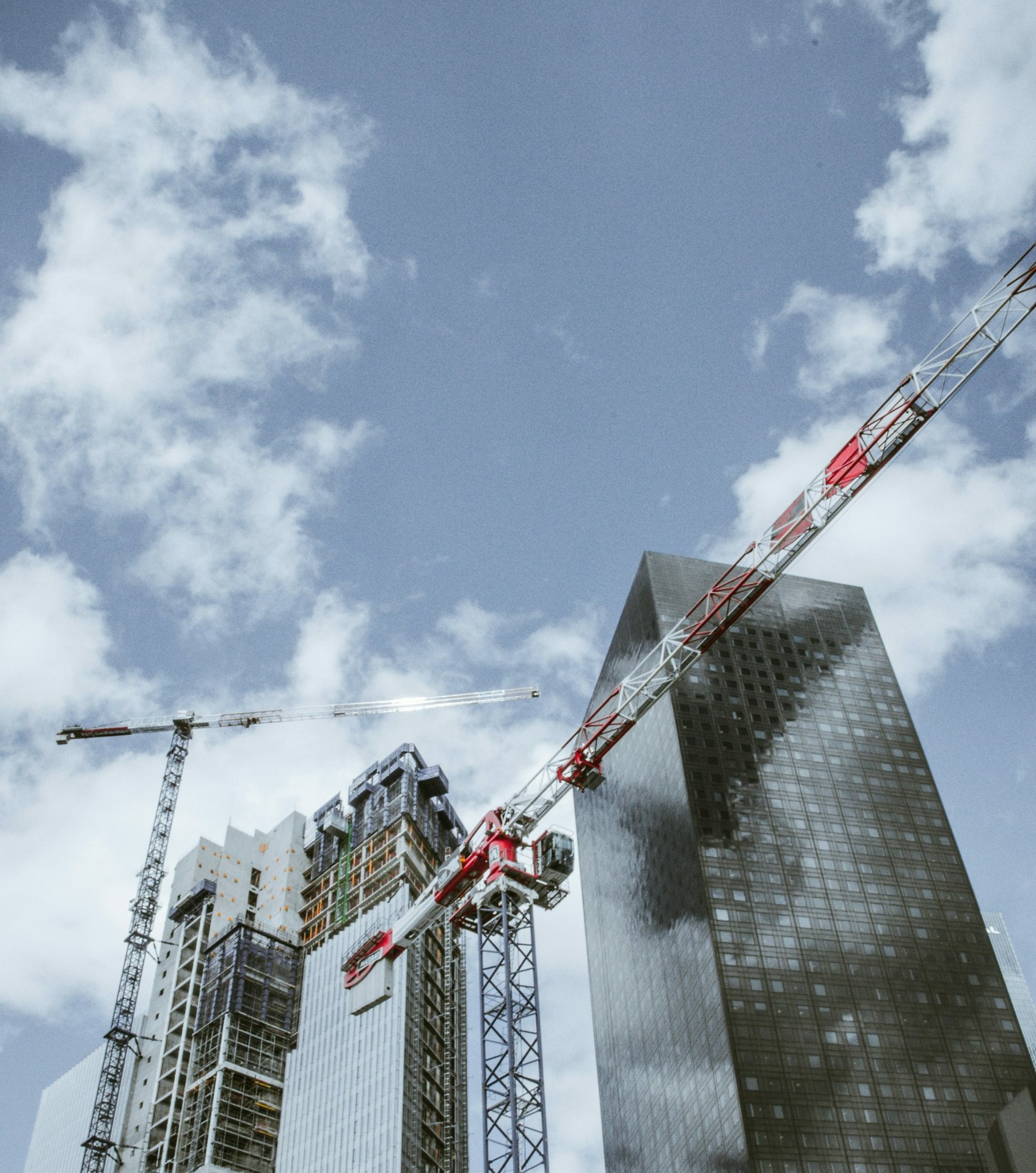
Colemans Articles
25/01/2024
The UK Construction Skills Shortage
Despite the construction industry being one of the largest sectors...

Colemans Articles
25/01/2024
The Benefits of the Circular Economy in Reducing Embodied Carbon in Deconstruction
The deconstruction industry plays a pivotal role in advancing the...
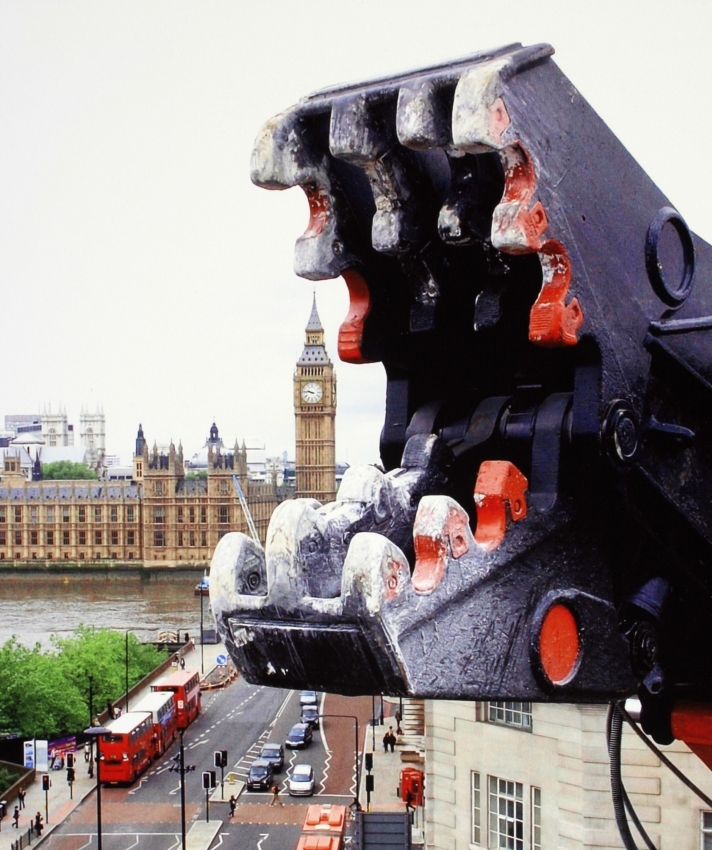
Mark's Demolition Diaries
11/12/2023
Revisiting London, part two
In the latest episode of Mark’s Demolition Diaries, Mark Coleman...
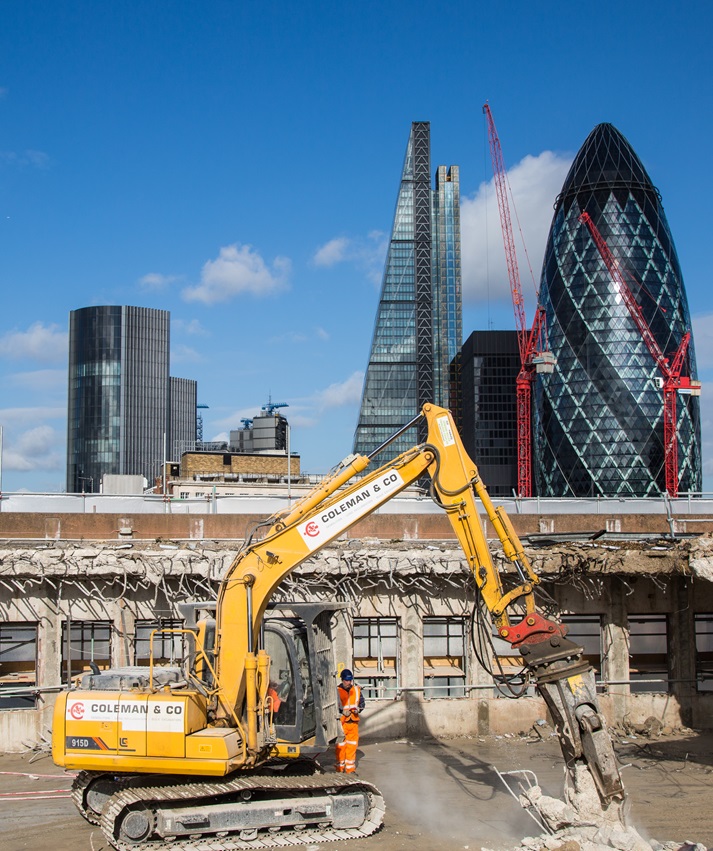
Mark's Demolition Diaries
10/11/2023
Looking back at our jobs in London
We’re heading to the capital for the latest episode of...

Colemans News
19/10/2023
Colemans get global recognition for our environmental efforts
It was a double celebration for Colemans in the World...
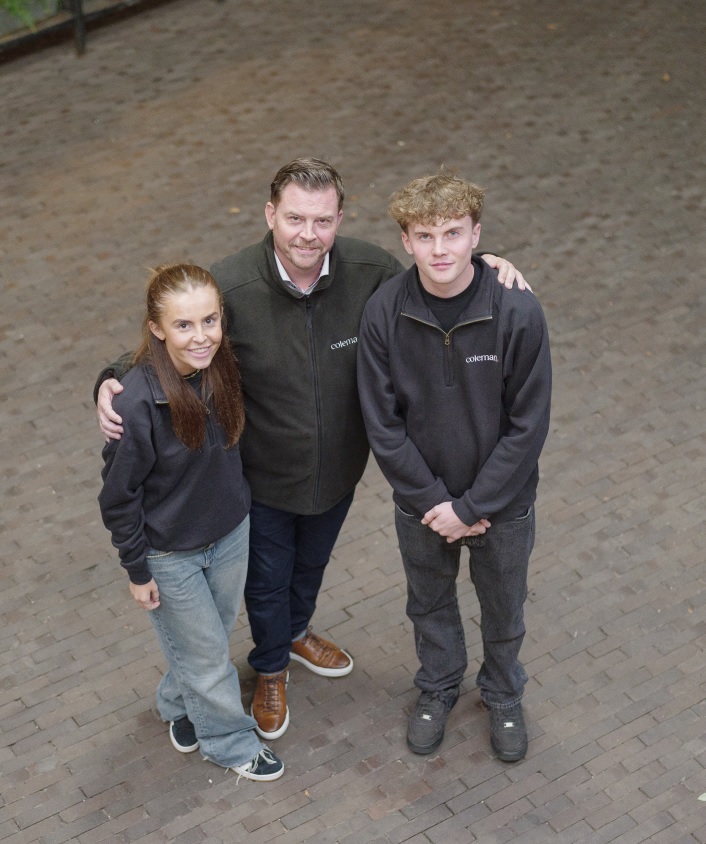
Colemans Articles
19/10/2023
Looking back at a proud moment for MAC
Mark Coleman reflects on a celebratory event held in true...
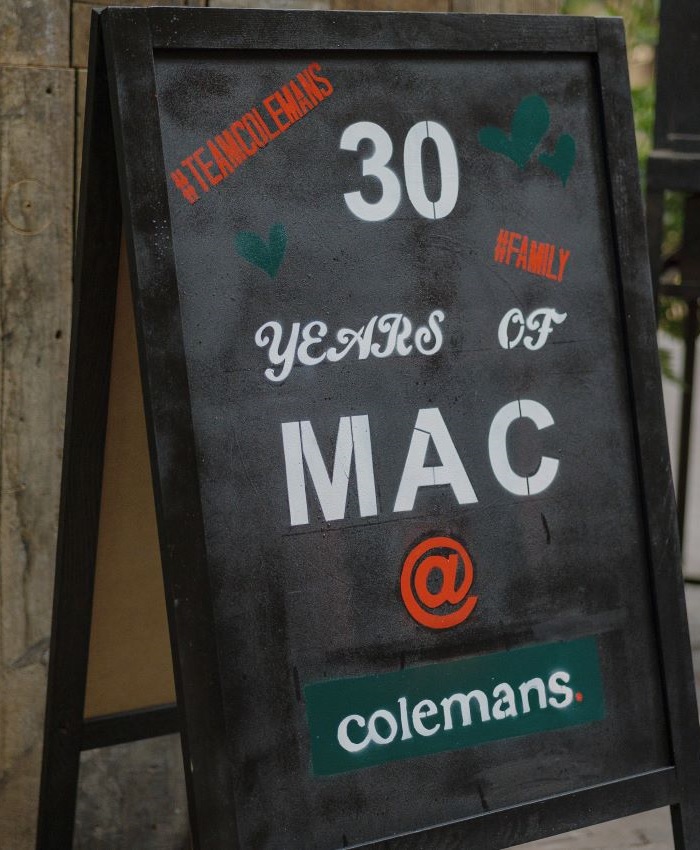
Colemans News
18/10/2023
Colemans team come together to celebrate Mark's 30 years
Colleagues from across the Colemans business joined our CEO Mark...

Colemans Articles
04/10/2023
Mental health and silent discrimination in the construction world
Unfortunately, many of us have faced, or will face, mental...
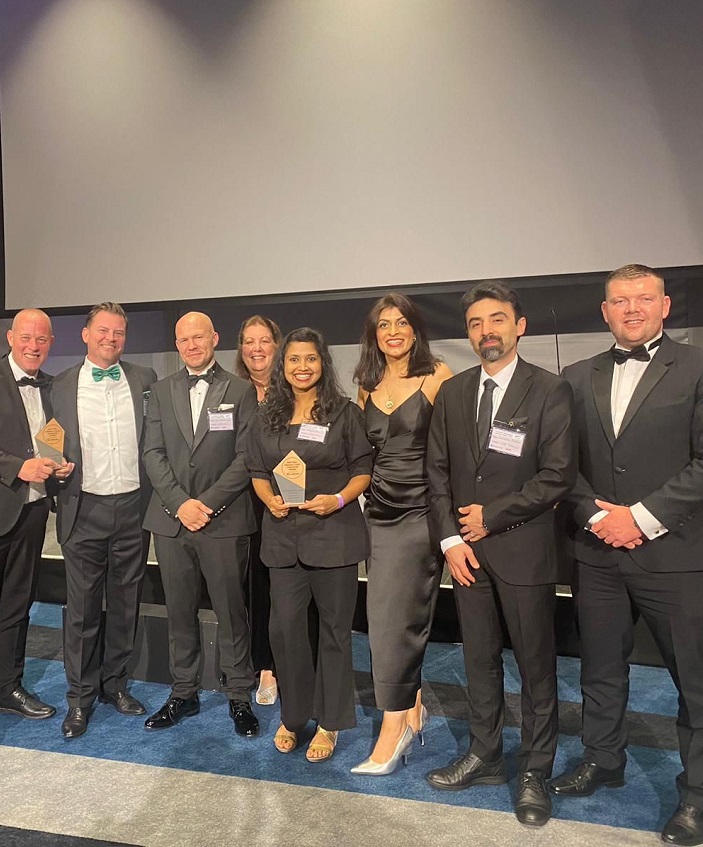
Colemans News
08/09/2023
Colemans claim two awards at the British Demolition Awards
We're celebrating after winning two awards in the prestigious British...
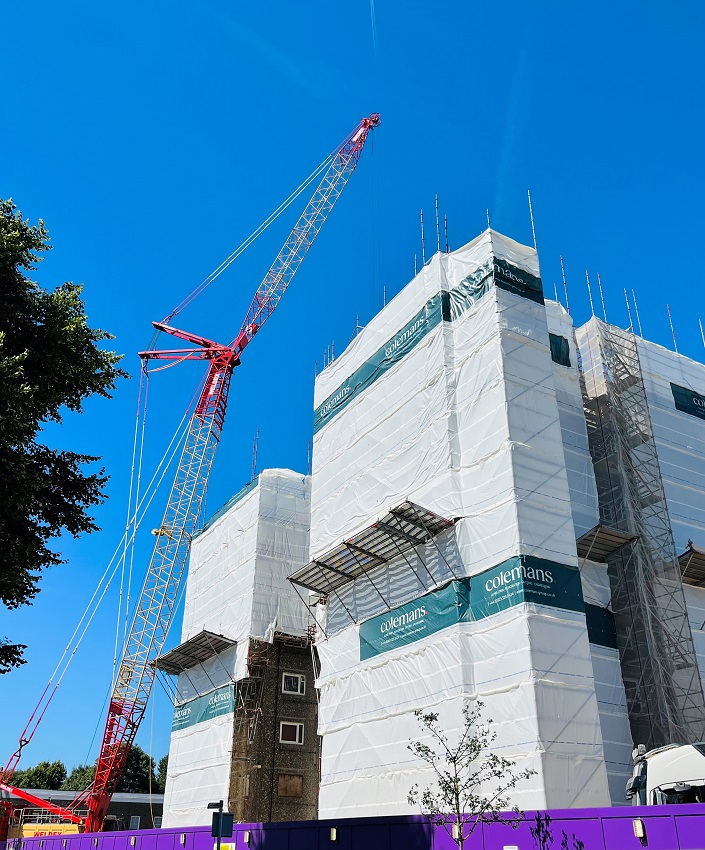
Mark's Demolition Diaries
06/09/2023
A focus on the environment
The latest episode of Mark’s Demolition Diaries shines the spotlight...
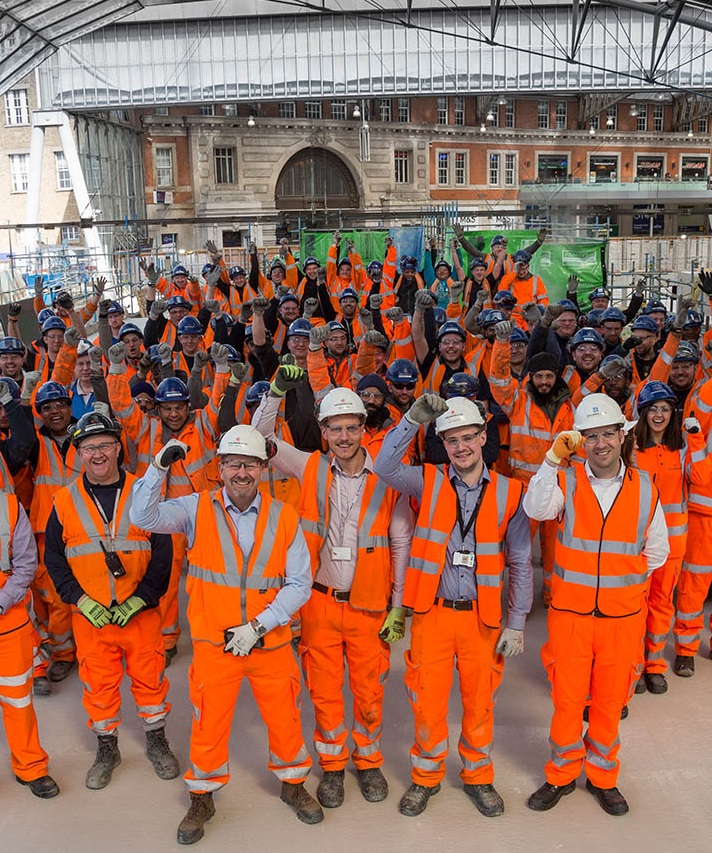
Colemans News
13/07/2023
Colemans supports DEMOLISTEN mental health charity
Colemans is proud to be a Silver Supporter of DEMOLISTEN,...
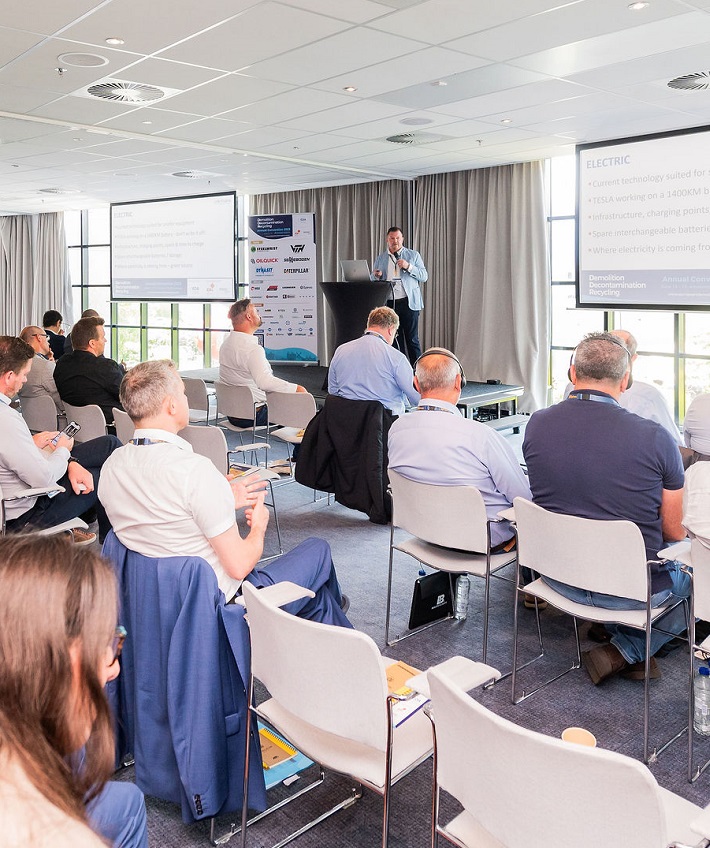
Colemans News
30/06/2023
Colemans talk power alternatives at annual EDA event
Our Chief Executive Mark Coleman conducted an expert talk at...

Mark's Demolition Diaries
30/06/2023
A lifetime in demolition
Our 60th anniversary is not the only milestone being celebrated...
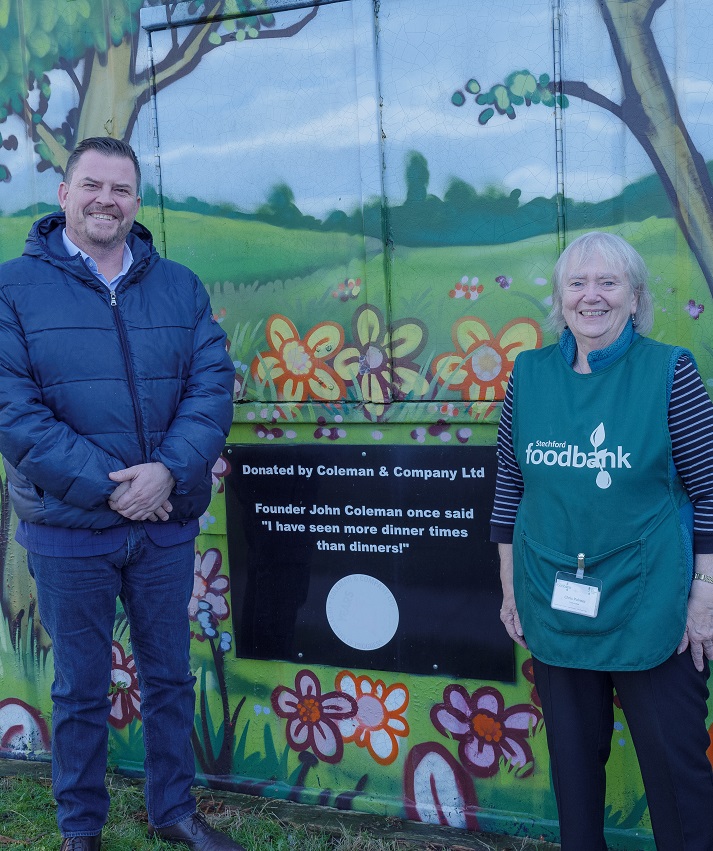
Mark's Demolition Diaries
10/05/2023
Supporting our local communities
Community has always been important to Colemans and we’re proud...
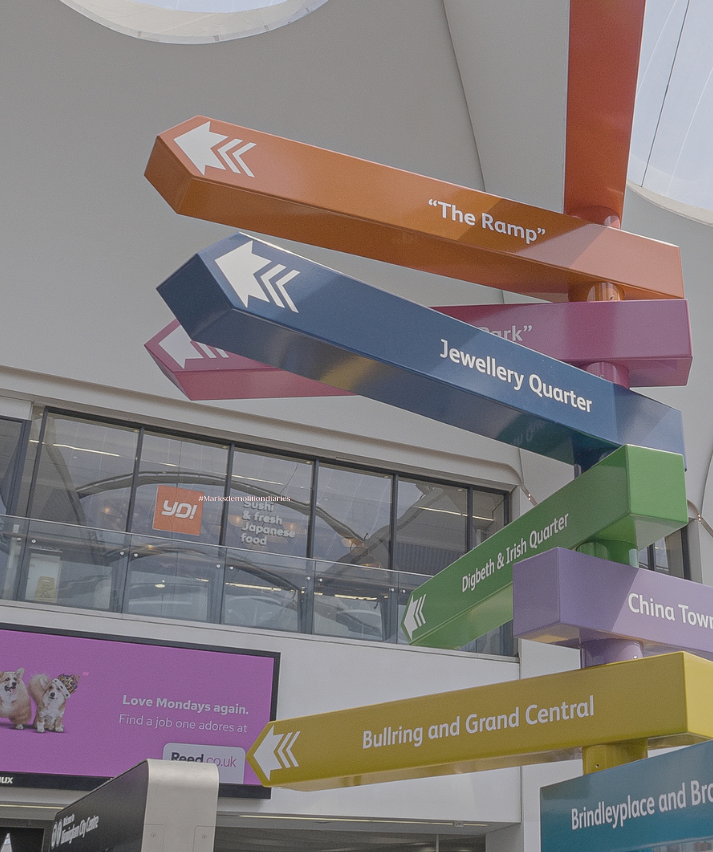
Mark's Demolition Diaries
22/03/2023
New Street Revisited
In the latest episode of Mark’s Demolition Diaries we take...
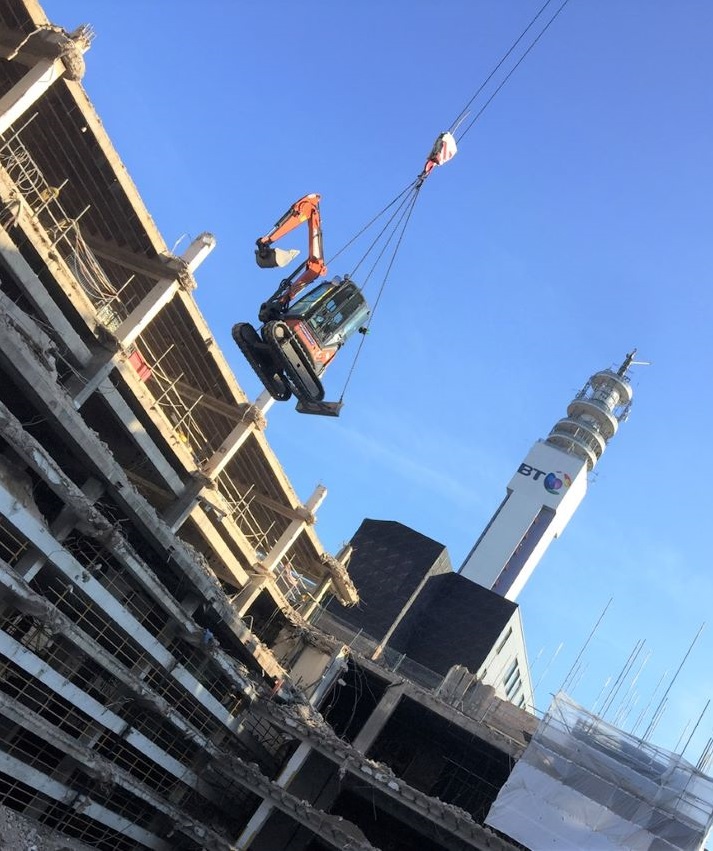
Mark's Demolition Diaries
01/03/2023
Our role in the regeneration of Birmingham
We’re taking a fascinating trip down memory lane in the...
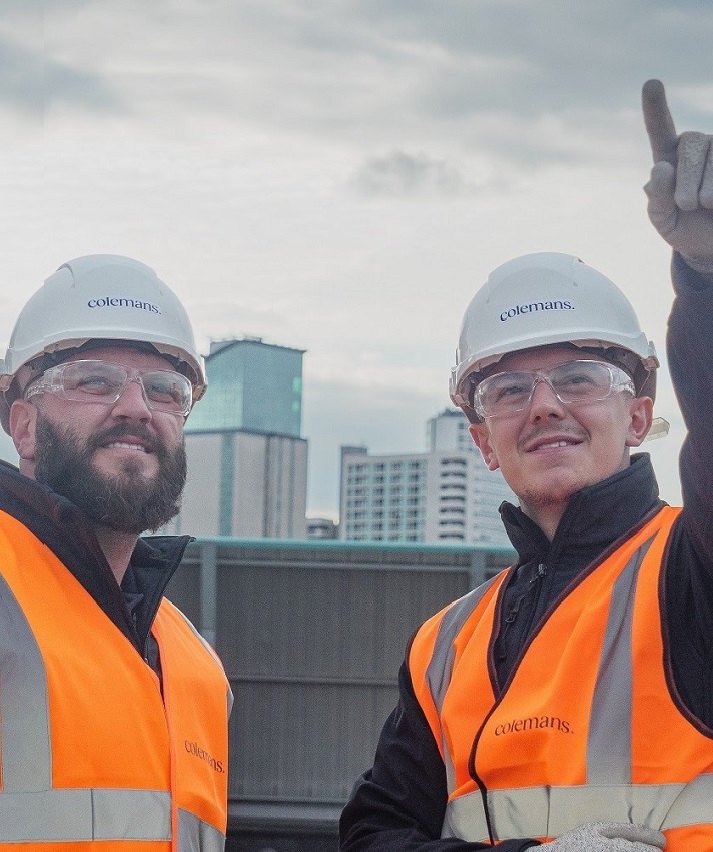
Mark's Demolition Diaries
18/01/2023
Focusing on our people
We’re incredibly proud of our family values at Colemans. As...




